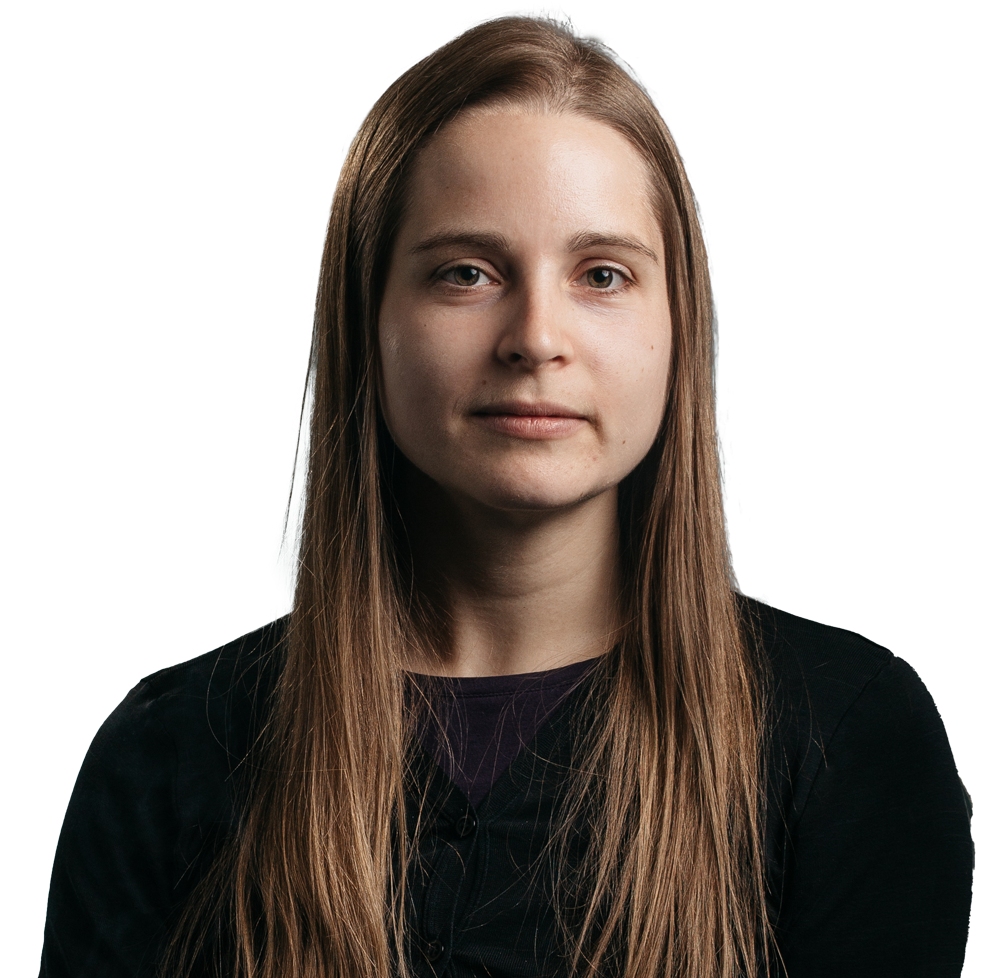Picture a water filtration system or electric storage system that, through arrays of sensors, are monitored and controlled by AI agents. Drawing continuous data from their environments, the agents adjust conditions — from water flow rates to how much electricity is released into a grid — in real time, learning as they go and tuning their systems to peak efficiency. Canada CIFAR AI Chair Martha White’s research into reinforcement learning tackles some of the fundamentals necessary to building AI programs that can extend the systems’ lifespan and optimize operations 24 hours a day.
“Canada CIFAR AI Chair appointments help researchers to push forth their visions. For me to tackle the question, ‘how do I bring reinforcement learning into the real world?’ I need a larger team, and CIFAR funding helps me build that.”
Martha White, Canada CIFAR AI Chair, Amii
White focuses on developing AI agents that learn continually and adjust to ever-changing conditions. A key question she explores is how to leverage large sets of past operational data so agents can learn faster and are more robust. Her conclusions have been implemented in a pilot water filtration system, which will move to live testing with industry partners. White’s trainee Vincent Liu, meanwhile, is partnering with startup EolRobotics to develop AI-enabled energy storage systems that can meet growing global energy demands — and potentially revolutionize green energy through battery-derived electricity grids. With a deep commitment to finding AI solutions to climate change, White also co-leads the Canada CIFAR AI Chairs Working Group in the priority area of AI for Energy and the Environment.
For White, CIFAR’s concentration of AI research resources are vital to enabling ambitious research. “Canada CIFAR AI Chair appointments help researchers to push forth their visions. For me to tackle the question, ‘how do I bring reinforcement learning into the real world?’ I need a larger team, and CIFAR funding helps me build that,” she says.
